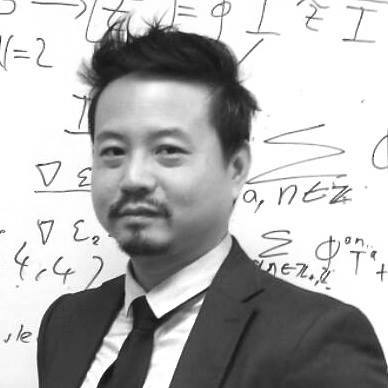Geometric Langlands and its generalizations via gauge and string theory
11 AM, 3 Jun 2024 – 6 Jun 2024
Prof. Meng-Chwan Tan gives a pedagogical introduction to geometric Langlands duality and its generalizations via gauge and string theory.
The Langlands program of number theory, or what is also known as Langlands duality, was proposed by Robert Langlands, in the late 1960s. It is a unified scheme for many results in number theory ranging from quadratic reciprocity, which is hundreds of years old, to modern results such as the Shimura-Taniyama-Weil conjecture (as proved by Andrew Wiles) which implies Fermat’s last theorem. The duality has a geometric version which makes it amenable to tools in complex algebraic geometry, where it can also be realized in quantum field theory.
In this Bragg Lecture Series, Prof. Meng-Chwan Tan will first furnish a pedestrian introduction to Langlands duality, and its geometric version which manifests itself in physical gauge theory. He will then proceed to expound on its generalizations which involve complex surfaces instead of curves, and also elucidate the relationship between the gauge-theoretic and original algebraic CFT approaches to the geometric duality by Kapustin-Witten and Beilinson-Drinfeld, respectively, via string/M-theory.
Event information
This is a four-part Bragg lecture series. Lectures are from June 3-6, Monday to Thursday, at 11:00 am, in Bragg’s Parlour at the London Institute in the Royal Institution.
















Speakers

Prof. Meng-Chwan Tan is Head of the String Theory Group at the National University of Singapore (NUS). He obtained his PhD at NUS, and has held postdoctoral positions at the Institute for Advanced Study, Princeton, under the mentorship of Edward Witten, and at the California Institute of Technology, under the mentorship of Anton Kapustin. His research interest is in string/M-theory, quantum field theory, and their deep implications for contemporary mathematics.